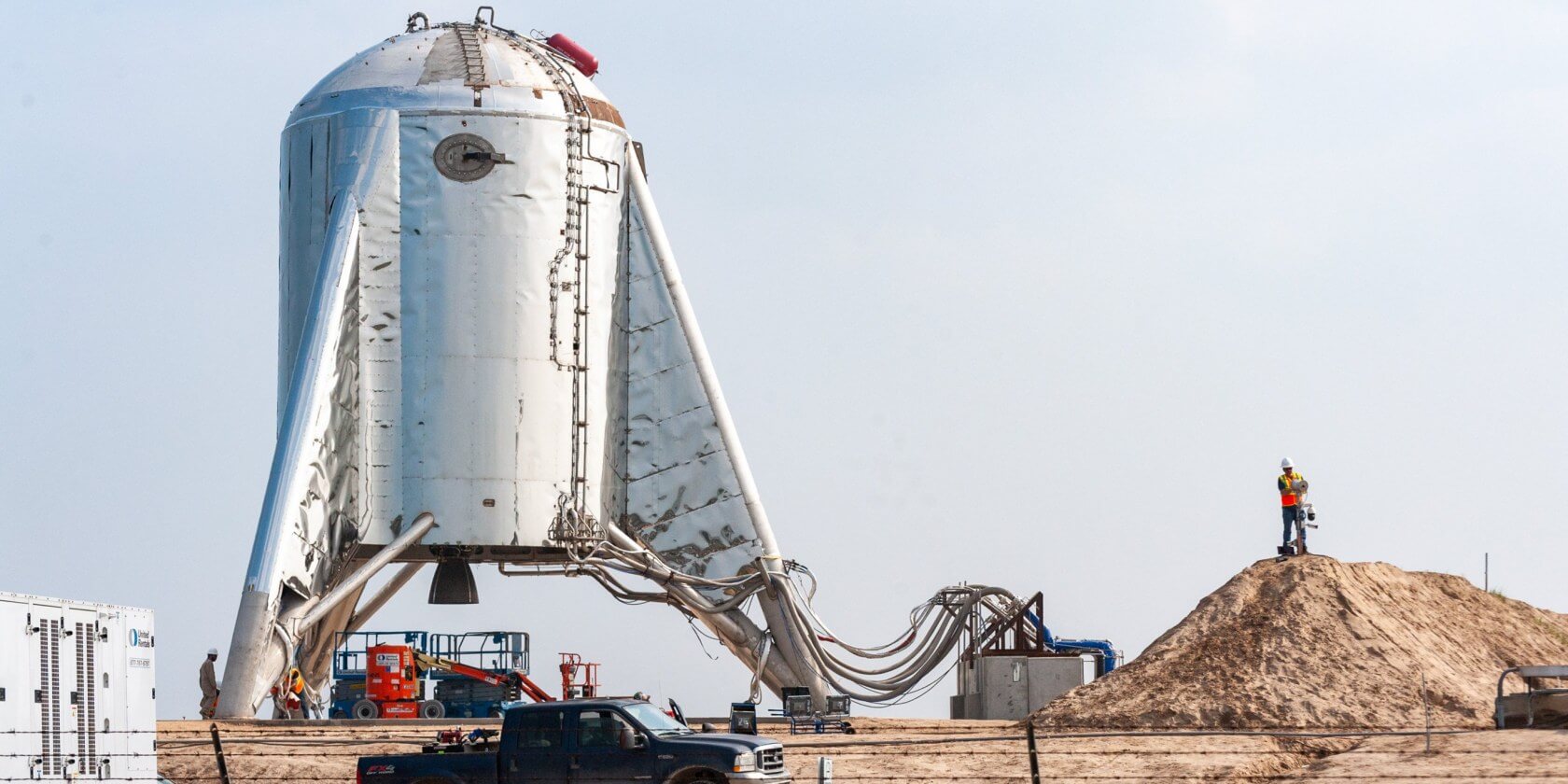The initial space race ended many years ago, but nowadays, it feels like a new one has begun. This time, though, the contenders are often private companies battling for supremacy instead of world governments. SpaceX is one such company, and it has made quite a bit of progress with its latest space-faring vehicles.
We've seen SpaceX conduct dozens of real and test launches over the past few years, and many of them have been quite successful. Unfortunately, the same cannot be said for the space firm's latest project. As you can see below in a now-unlisted YouTube video published by SpaceX (a VOD for an official launch livestream), the company's "Starhopper" vehicle failed in its latest "hop" attempt, causing the launch crew to abort the "mission" prematurely.
The reason for the failure was not immediately clear, but several outlets now report that one of Starhopper's methane vents caught fire, which explains the rapid response from SpaceX's engineering team.
If you aren't familiar with Starhopper, the vehicle is intended to be an early prototype version of future manned rockets that will eventually cart real passengers to other planets; Mars and the moon, in particular (CEO Elon Musk has always had a particular fascination with the Red Planet).
If all had gone well, Starhopper would have lifted off for a short flight before landing once again. The vehicle has successfully performed similar tests in the past, but it seems luck wasn't on SpaceX's side this time around.
As usual, though, the company is undeterred by this latest hurdle. "This is a development program," SpaceX engineer Kate Tice reportedly said. "Today was a test flight designed to test the boundaries of the vehicle."
Launch failures are the norm in the space industry, and in some cases, they can even be a positive thing. When a rocket of any kind fails, there's usually a reason for it – finding that reason quickly and preventing it from being a problem in the future can save quite a bit of time and money in the long run. That's one of the reasons SpaceX performs stress tests like this one so frequently.
At any rate, we look forward to seeing Starhopper's next launch. With a bit of luck and clever engineering, future tests should go much more smoothly.
